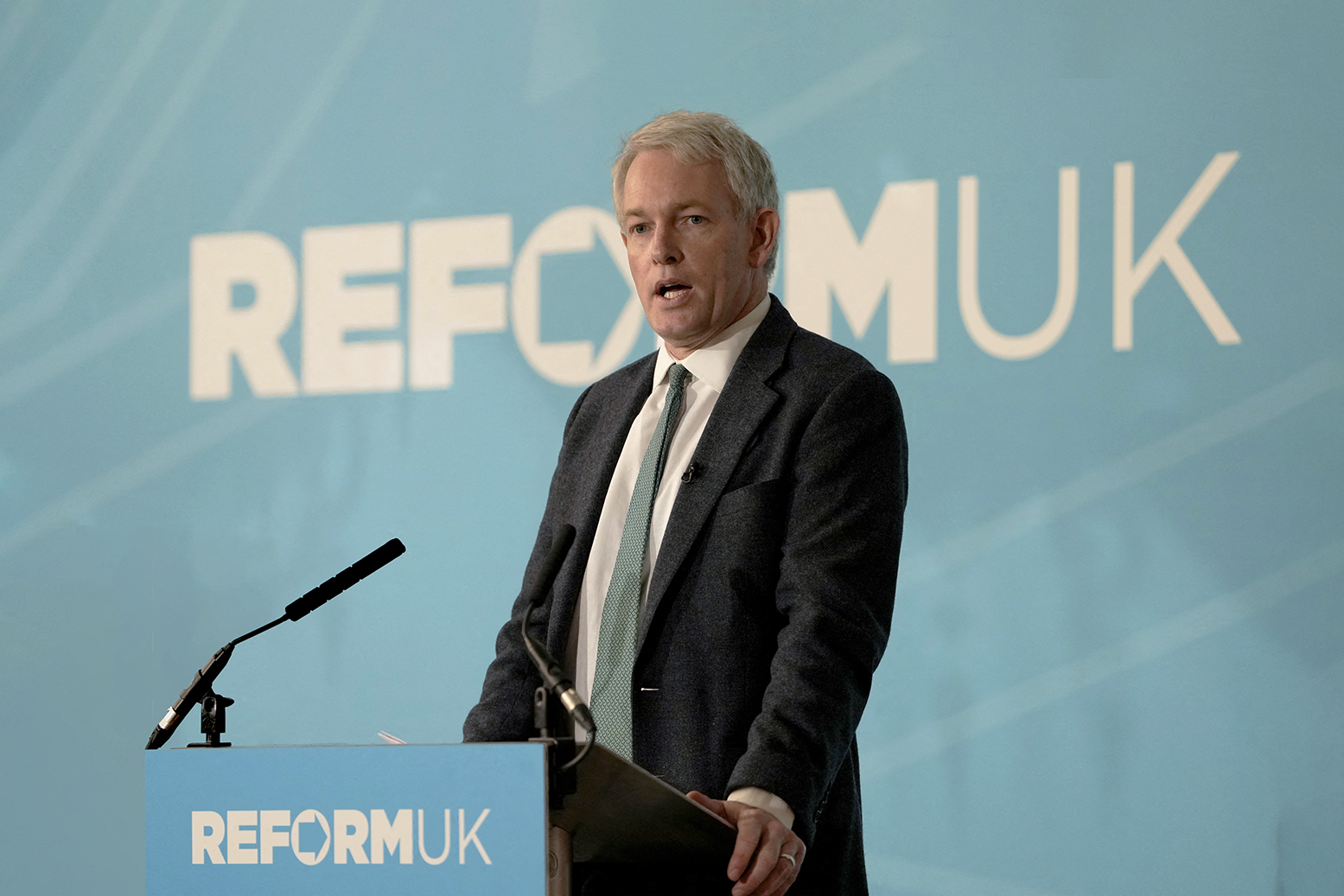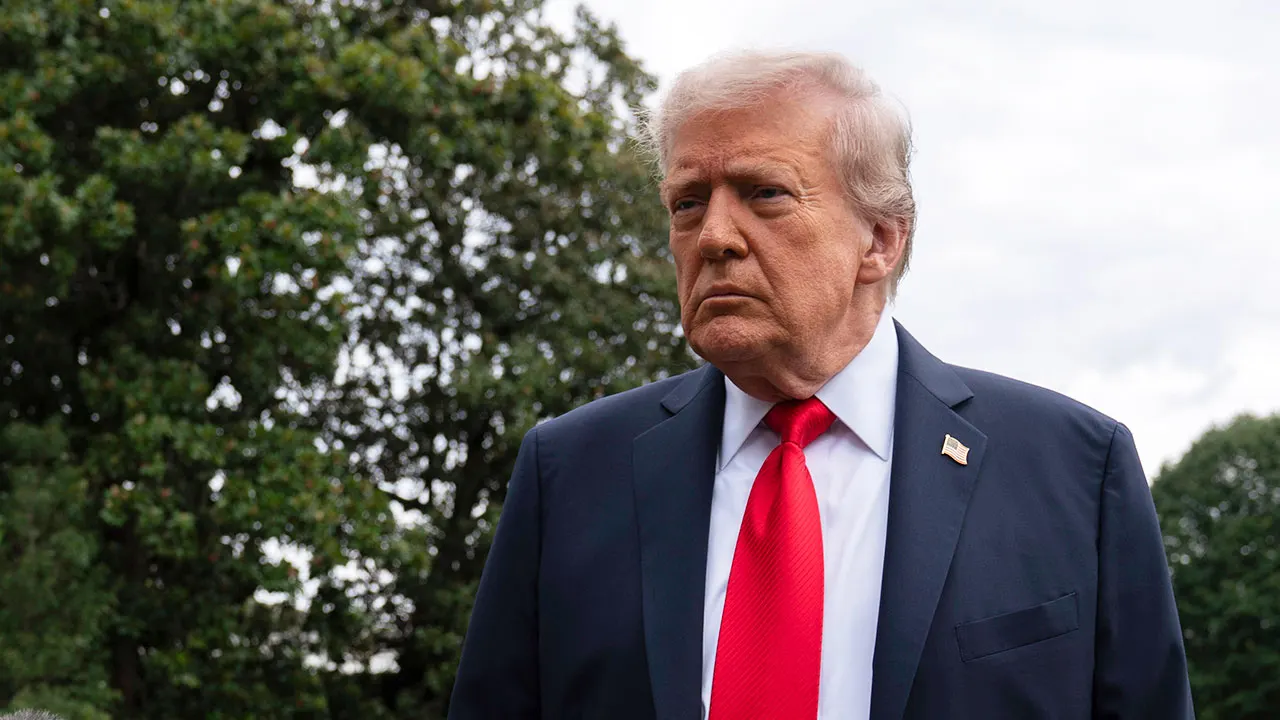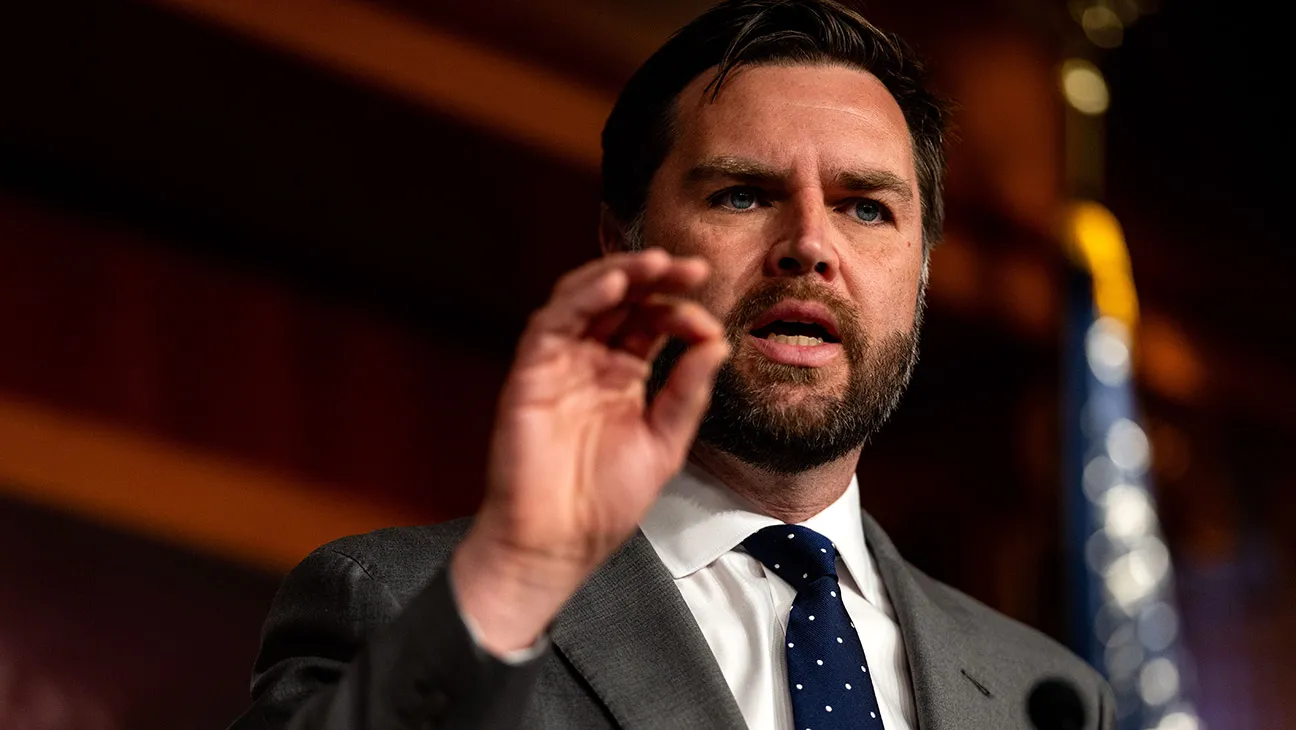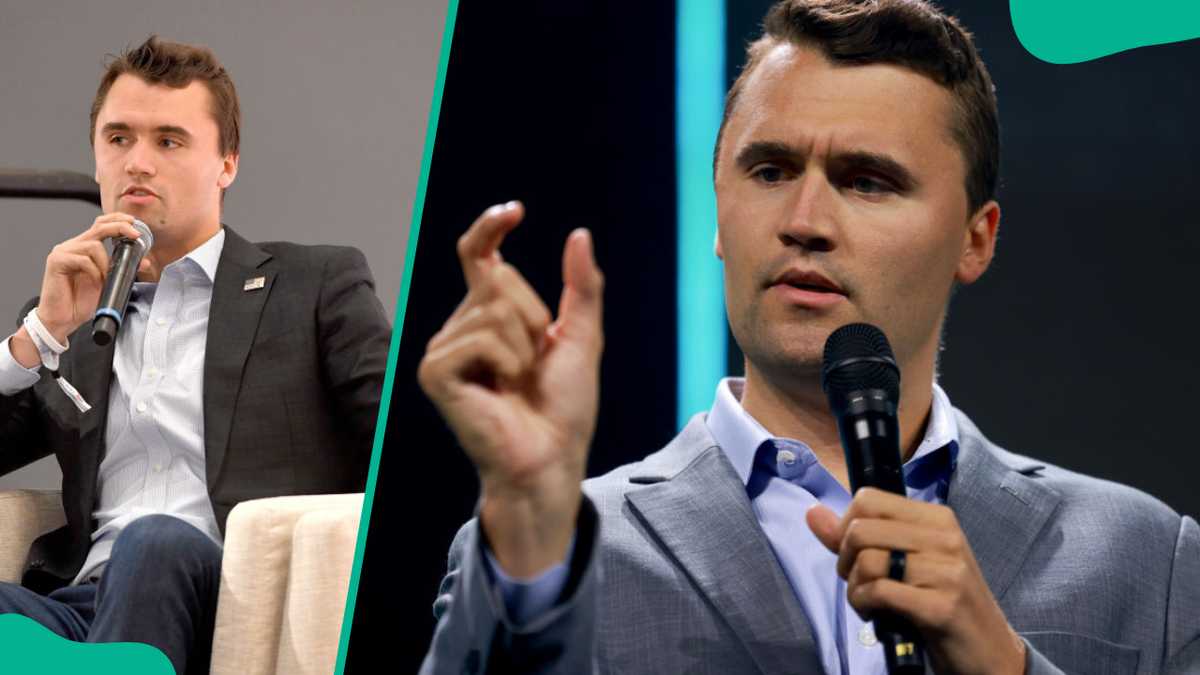By Rachel Cunliffe
Copyright newstatesman

Whatever way you look at it, the defection of Danny Kruger, until this morning the Conservative MP for East Wiltshire, to Reform is a significant moment. What exactly it signifies is another matter.
This is the first defection of a sitting MP this parliament. While over the past year Reform has claimed a number of Tory names of varying profiles – Andrea Jenkyns, Jake Berry and Nadine Dorries being the most prominent – all had either lost their seats or stepped down before turning turquoise.
Kruger’s declaration at a Reform press conference of what he called a “tragic conclusion”, that “the Conservative Party is over”, has sent his former colleagues reeling. This was not a defection they had expected, to put it mildly. Before today, Kruger – who went to Eton and has been a Conservative his entire life – was considered about as much an old-school, patrician, Shire, High Tory it was possible to be. His seat (previously Devizes) had been considered one of the safest for the Tories, prior to the 2024 election. Kruger was even serving on Kemi Badenoch’s frontbench up until the moment of his defection, as shadow minister for work and pensions.
Despite only becoming an MP in 2019, Kruger’s prominence within the Conservative Party is hard to overstate. He was considered one of the Tories’ “intellectual heavyweights”, someone capable of doing the kind of deep thinking necessary to rebuild the party’s ideological basis from first principles after its defeat. During the tumultuous Rishi Sunak era, Kruger was a leading voice pushing for a tougher version of the Rwanda bill. He co-founded the New Conservatives (one of the so-called “Five Families” of the Tory right) and was a member of the hard-Brexit European Research Group (ERG) that did so much to shape the 2019-2024 parliament. More recently, he spearheaded the cross-party opposition to the assisted dying bill, for which has won respect and admiration across the House.
But Kruger is also difficult to place within a neat factional box. He started out as speechwriter to David Cameron, responsible for the open-minded “hug-a-hoodie” speech which signalled a softer, more modern strand of Conservativism. Before the December 2019 election which saw him enter parliament in his own right, he was Boris Johnson’s political secretary. Like many of the 2019 intake, he began his parliamentary career closely associated with the prime minister who had just won the Tories a seismic majority.
And then, set aside his association with Johnson’s colourful personal, there is Kruger’s social conservatism and deeply ingrained Christian faith. His maiden speech in 2020 called for a return to Christian values, nothing the “sense that our country is rooted in Christianity and that our liberties derive from the Christian idea of absolute human dignity”. While firmly on the right of the party in terms of immigration, Kruger’s Conservativism was the “common ground” communitarian type – about as far away from free-market Thatcherism as it’s possible to get within the Tories: economically leaning centre, with a suspicion of liberalism in all its forms. (His proposed solution to the social care crisis, in a report for the centre-left think tank Demos, was in part to encourage family members – in particular, women – to care for ageing relatives themselves rather than outsourcing their care to the state, even if it meant being unable to continue with paid employment.)
Kruger’s focus on traditional family values made him an outsider in a party that had worked hard to modernise on issues like abortion, divorce and gay marriage, injecting the passions of the American evangelical right into British politics. He was one of the few Conservative MPs invited to meet JD Vance when the US Vice President was holidaying in the Cotswolds this summer. In 2023, Kruger told the National Conservatism Conference: “The normative family, the mother and father sticking together for the sake of the children, is the only basis for a safe and functioning society”. This was ten years after the Conservative prime minister he had worked for legalised same-sex marriage in the UK. “He was always a bit mad,” quipped one former colleague.
What does this move say about the direction of Reform? Kruger is a fascinating person to be heading up the party’s preparations for government. He hasn’t served a single day as an actual minister, and his politics on subjects other than immigration would seem to be markedly different not just from the average Reform voter, but from the other ex-Tories who have joined the party. (Jake Berry, for example, was made party chairman by Liz Truss – and Lee Anderson comes from another tradition entirely.) But one thing Kruger is not considered is rash. He will have thought deeply about such a move, and how he fits into a right wing of British politics that appears to be reconfiguring itself in real time.
There is, of course, the question of how many Conservatives Reform can usher in before its claims to be fighting the failed “uni-party” start to come under the spotlight. As a Labour spokesperson put it: “Every Conservative who defects to Reform ties Nigel Farage more closely to their record of failure. Nigel Farage can recruit as many failed Tories as he likes – it won’t change the fact that he has no plan for Britain.” The Lib Dems’ Daisy Cooper made a similar point: “Nigel Farage’s party is shapeshifting into the Conservatives in front of our very eyes. It is getting to the point where the only difference between them is just a slightly lighter shade of blue.” That might be a typically Lib Dem way of assessing the situation, but she has a point. If the Conservative Party is really as broken as Nigel Farage and Richard Tice often say it is, why are is Reform accepting so many of the people who made it that way?
And will others follow? Kruger has made a solo defection, without bringing a tribe of Tory MPs over en masse, which would have made a bigger splash today. While respected, he’s not known as one of the most “clubbable” MPs. But his shock defection could spark more soul-searching on the Conservative benches. One MP called him a “Conservative revolutionary”, someone critical to the rebuilding project. His departure sends the message that he considers that project pointless. This isn’t a case of a defeated Tory looking for a new home (like Jenkyns and Berry), nor does it appear to be that of a skittish MP jumping ship in the hope of keeping their seat. It’s a statement about the realignment of the right, from someone who has spent his career thinking about just that.
Then again, Kruger has been mulling over the success of the Conservative Party for some time. In August 2023, he told the New Statesman: “We have left the country less united, less happy and less conservative.” Back then, he thought the problems were fixable. Two years later, his answer is Reform.
[See also: Whigs and Tories shaped modern Britain]



